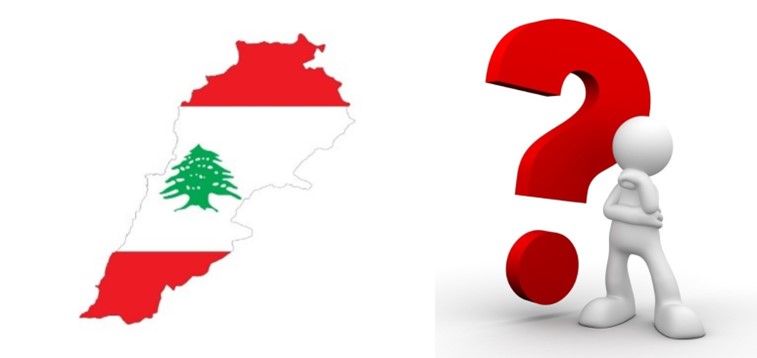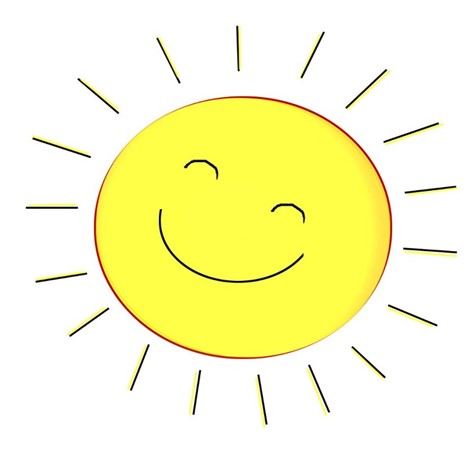
This song’s French lyrics were written by Mr. Renaud Louis Remi Rebillaud and Mr. Assane Attye. You can find an English translation below (with a couple of slight edits by Bambi, https://tinyurl.com/88yme93w). If she may, she dedicates Mr. Kendji Girac’s lovely song to each one of you, dear readers.
“Women and men
On one planet
This vertigo gives us
A huge headache
For what you are
For what we are
Salam amigo Shalom
Salam friend Shalom
Hallelujah, come on, hallelujah
Take me dancing wherever you are
Hallelujah, come on, hallelujah
Like me, raise your arms
Shalom amigo shalom
Shalom my friend shalom
Salam amiga salam
Salam friend salam
I greet you my brother
And greet my sister
Salam amigo shalom
Salam friend Shalom
If a language separates us
A colour, a border
Should we be in the darkness?
To find our light
We must keep the flame alive
Deep in our souls
Salam amigo Shalom
Salam friend Shalom
Hallelujah, come on, hallelujah
Take me dancing wherever you are
Hallelujah, come on, hallelujah
Like me, raise your arms
Shalom amigo shalom
Shalom my friend shalom
Salam amiga salam
Salam friend salam
I greet you my brother
And greet my sister
Salam amigo shalom
Salam friend Shalom
Shalom amigo shalom
Shalom my friend shalom
Salam amiga salam
Salam friend salam
I greet you my brother
And greet my sister
Salam amigo shalom
Salam friend Shalom
Hello, I greet you my brother
Hello, I greet you my sister
Let us unite our prayers together towards the light
Only the light will cross our hearts
Shalom amigo shalom
Shalom my friend shalom
Salam amiga salam
Salam friend salam
I greet you my brother
And greet my sister
Salam amigo shalom
Salam friend Shalom
Shalom amigo shalom
Shalom my friend shalom
Salam amiga salam
Salam friend salam
I greet you my brother
And greet my sister
Salam amigo shalom
Salam friend Shalom”.



















